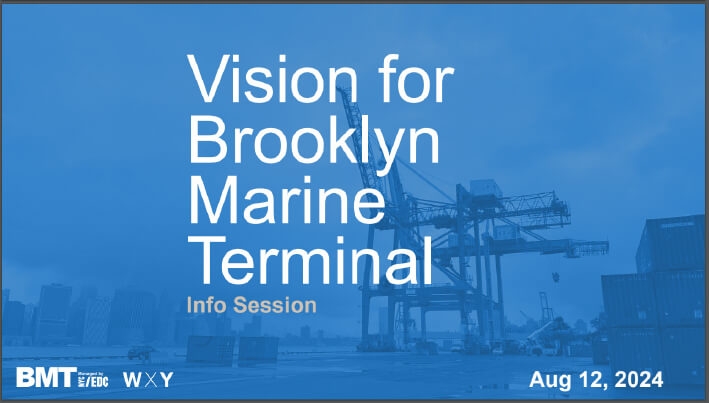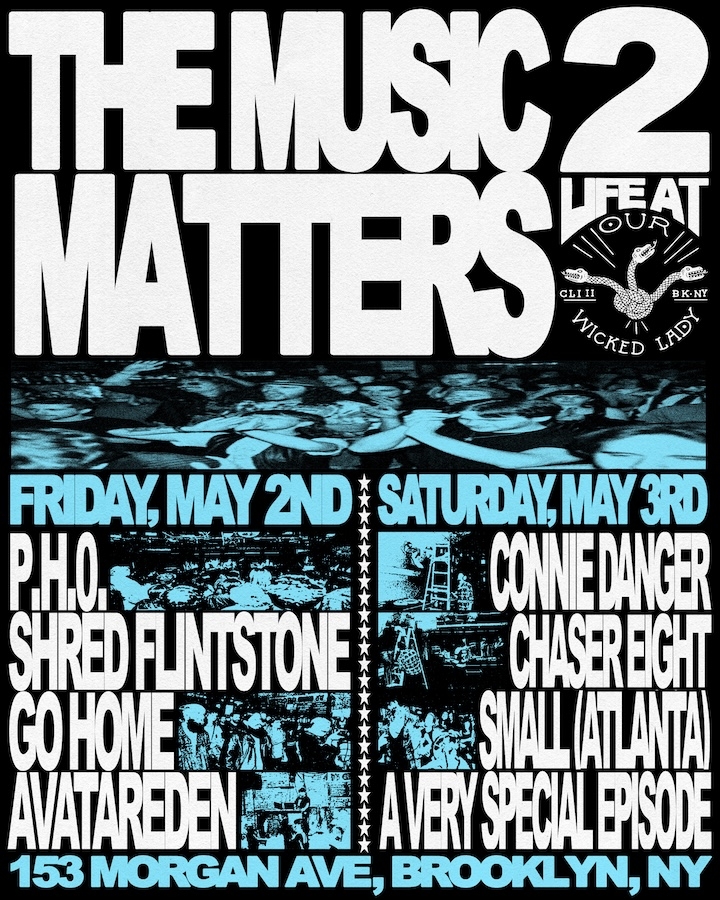Buffalo, New York and New York City (specifically 31st Street between 7th and 8th Avenue) are separated by more than 350 miles. Citi Field, the home of the New York Mets, is about ten miles from 31st Street between 7th and 8th Avenue, and Buffalo is still over 350 miles away.
Let’s take a quiz: if a sports team that usually plays in Buffalo were to play against a team that usually plays its games on 31st Street between 7th and 8th Avenue in NYC and the game was played at Citi Field who would be designated the home team? Wrong. Since you applied logic you assumed that the team from Buffalo would be the visitors, but you failed to account for real world corporate and state/municipal dealmaking.
This coming January the National Hockey League’s “Winter Classic” will be played between the New York Rangers* and Buffalo Sabres. It will be played at Citi Field and the Sabres of Buffalo will be the “Home” team. This anomaly springs from one very peculiar tax break that applies to Madison Square Garden and is contingent on having both the National Basketball Association’s New York Knicks and the National Hockey League’s Rangers remain as “full-time” residents of the building. Playing even one home game somewhere else could cost the arena’s owner, James Dolan, who owns both the Knicks and Rangers, as much as $42 million annually.**
This was done in the 1980s to make sure that the “World’s Most Famous Arena” stayed that way, and that any threats to leave Manhattan would be so costly as to be empty. The arena now grosses over a billion dollars annually. The owner, James Dolan, is worth over a billion dollars himself (many fans, especially Knicks fans, will happily explain he is a horrible owner).
Regardless of one’s thoughts on James Dolan, or Madison Square Garden, it’s pretty obvious when walking down prime commercial corridors across New York City that we don’t need to be carving out special deals for billionaires and watch as seemingly helpless bystanders, such as small businesses, suffer.
Brooklyn’s Smith Street (which, as I write, was just the site of a summer fair) has been the subject of many articles highlighting such losses. They aren’t just losses for the owners of the business (of course they, and employees, feel it the most), but it is a loss for the communities they served. We begin to lose the uniqueness that has always made New York New York, and is the driving force behind why people – and it’s never been more true than now – want to be here. It’s not just individuality that is at stake, but also easier and local access to necessities or even a place just to go and grab something when you want a snack.
For this reason, the state and city should pull every lever possible to ensure that businesses are able to stick around. Maybe even create some levers when necessary. This could be through forms of rent control and tax credits or other means. Now, of course, there has to be a place for the “invisible hand” of the market. Some businesses should close, but even free marketeers among readers of this column must agree that we don’t need state policy using a “visible hand”*** to tip the scales in favor of putting extra cash in James Dolan’s pocket.
* Full disclosure: I’m a die-hard New York Rangers fan, and with the apparel and tickets I’ve bought over the years, I could be seen as part of the problem.
** In a great bit of irony fitting of such a dumb rule, the last attempt to repeal this tax break was a bill sponsored by Independent Democratic Conference and Republican-enabling State Senator Jose Peralta.
*** If I were in charge of the “ visible hand” and got to just creating specially carved out tax breaks, I would do everything in my power to ensure that the closing of Greek Style diners stops happening. Maybe tax credit with the agreements that eggs are sold 24/7 and that one doesn’t need to specify that they want potatoes and toast with said eggs. Also, the menus would have to be glossy and a minimum of four pages.
Michael Racioppo is the Executive Director of the Gowanus Canal Community Development Corporation as well as the Vice Chair of Community Board 6.












